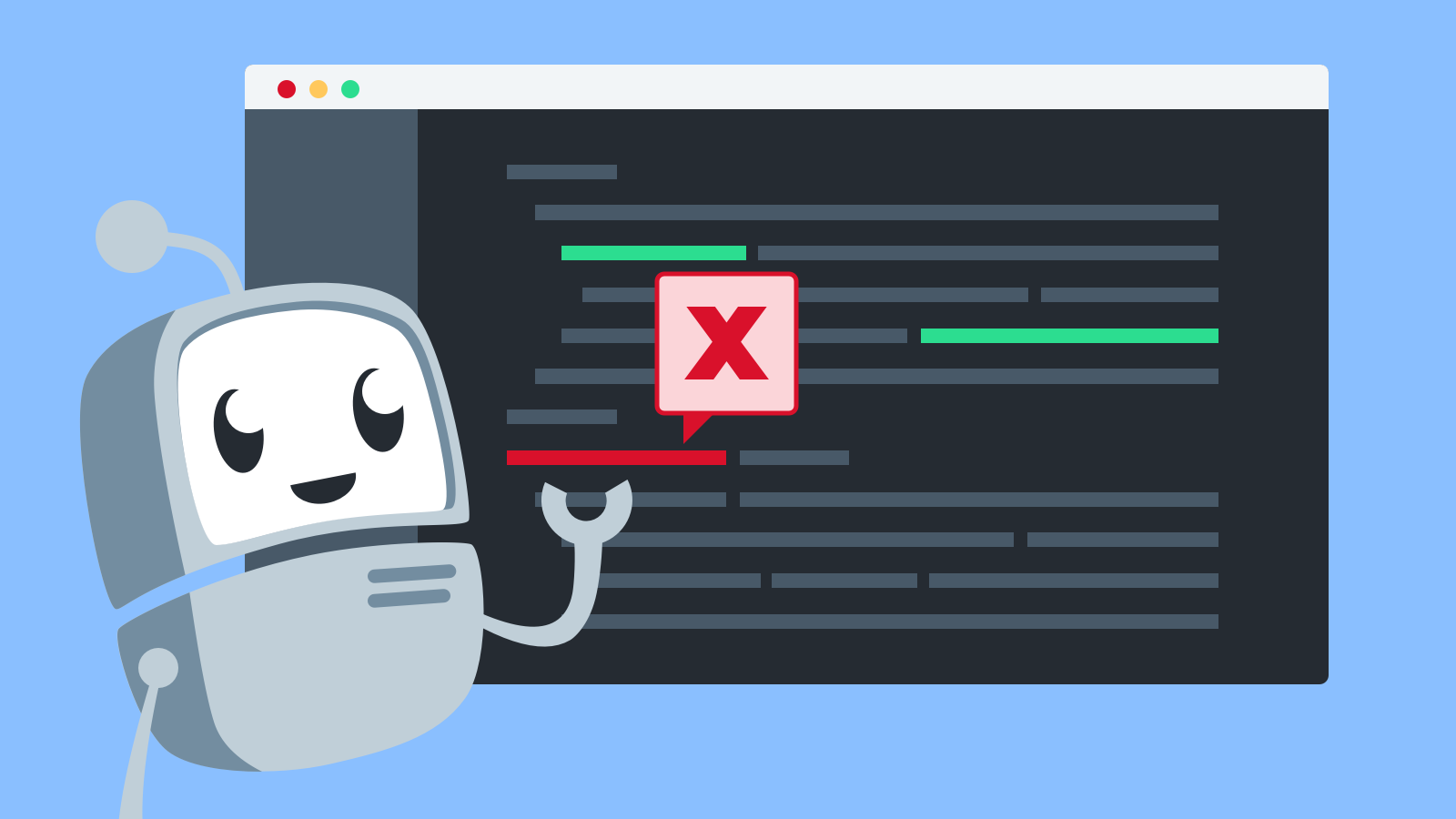Integrated analytical tools can provide valuable insights and help improve web apps and websites in several ways:
Analytical tools can track user behavior on a website or web app, providing data on how users interact with the interface. This includes information on page views, session duration, click-through rates, and conversion rates. Understanding user behavior helps identify areas of improvement and optimize the user experience.
By tracking user journeys through conversion funnels, analytical tools can pinpoint areas where users drop off or abandon a process (such as a purchase or form submission). Analyzing these funnel metrics helps identify bottlenecks and optimize the conversion process, potentially increasing conversion rates.
Many analytical tools offer A/B testing capabilities, allowing you to compare different versions of a webpage or app element to determine which performs better. By testing variations of design, layout, copy, or calls-to-action, you can make data-driven decisions to optimize for higher engagement and conversion rates.
Analytical tools can track website performance metrics such as page load times, server response times, and resource usage. Monitoring these metrics helps identify performance bottlenecks, slow-loading pages, or other issues that can impact user experience. Optimizing website performance leads to faster load times and improved user satisfaction.
Analytical tools provide insights into the sources of website traffic, such as search engines, referrals, or social media platforms. Understanding the traffic sources and patterns helps optimize marketing and advertising efforts, focusing on channels that drive the most valuable traffic.
Analytical tools allow you to segment users based on various criteria such as demographics, behavior, or conversion status. User segmentation enables personalized marketing campaigns, targeted messaging, and tailored experiences based on specific user groups.
Some analytical tools can track and report errors, exceptions, and bugs occurring on a website or web app. This information helps identify and address issues promptly, ensuring a smoother user experience and higher user satisfaction.
For web apps that also have mobile counterparts, integrated analytical tools provide insights into user behavior and engagement specifically within the mobile app. This data helps optimize the mobile user experience and make informed decisions for mobile app enhancements.
By leveraging integrated analytical tools, web apps, and website owners can gain valuable insights into user behavior, optimize conversion rates, improve performance, and enhance the overall user experience. These tools enable data-driven decision-making and facilitate continuous improvement of digital products.


















